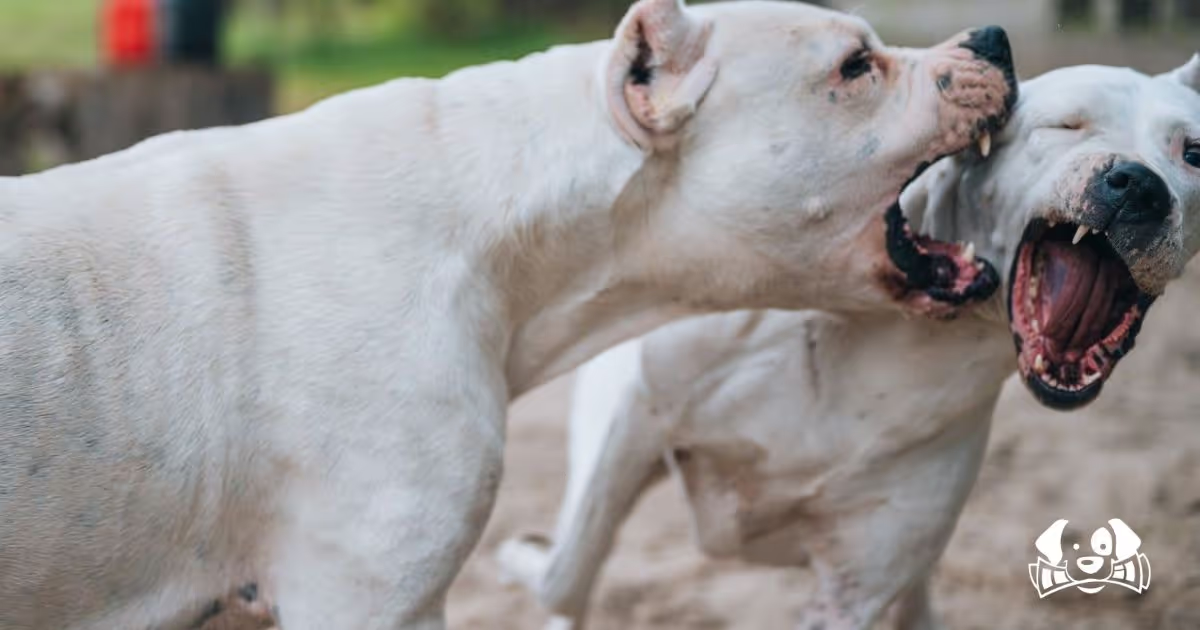Oklahoma Man Charged in Massive Dog Fighting Case: 190 Dogs Rescued
An Oklahoma man faces serious federal charges after authorities seized 190 dogs involved in a major dog-fighting operation. Leshon Eugene Johnson, from Broken Arrow, Oklahoma, is accused of running a large-scale dog-fighting and trafficking business, primarily involving pit bull-type dogs. Authorities believe this seizure is the largest number of dogs ever taken from a single individual in a federal dog-fighting case.

A History of Cruelty
Johnson operated under the kennel name "Mal Kant Kennels" in Broken Arrow and Haskell, Oklahoma. He had previously run "Krazyside Kennels," which led to his guilty plea on state animal-fighting charges in 2004. Court documents state Johnson selectively bred champion fighting dogs, sold stud rights, trafficked puppies, and transported fighting dogs across the United States.
Strong Response from Authorities
Federal officials seized the dogs in October 2024, prompting strong statements from the Justice Department. "Animal abuse is cruel, depraved, and deserves severe punishment," said Attorney General Pamela Bondi, who vowed to prosecute Johnson "to the fullest extent of the law."
FBI Director Kash Patel also emphasized the seriousness of animal cruelty cases, highlighting their potential link to other organized criminal activities. "The FBI views animal cruelty investigations as a precursor to larger, organized crime efforts, similar to trafficking and homicides," Patel stated.
Potential Severe Penalties
Johnson faces multiple federal charges and, if convicted, could face up to five years in prison and a $250,000 fine per count. U.S. Attorney Christopher J. Wilson described dog fighting as "a cruel, blood-thirsty venture" and commended the FBI and Justice Department's Environment and Natural Resources Division for their role in dismantling such operations.
Seeking Homes for Rescued Dogs
Following the seizure, local animal welfare groups are now working diligently to find suitable homes for the rescued dogs, emphasizing the ongoing challenge of caring for such a large number of traumatized animals.

.avif)
.avif)




























.avif)
.avif)
.avif)
.avif)
.avif)
.avif)
.avif)
.avif)
.avif)
.avif)
.avif)

.avif)
.avif)
.avif)
.avif)
.avif)
.avif)
.avif)
.avif)
.avif)
.avif)
.avif)
.avif)

.webp)
.webp)
.webp)
.webp)
.webp)
.webp)
.jpg)

